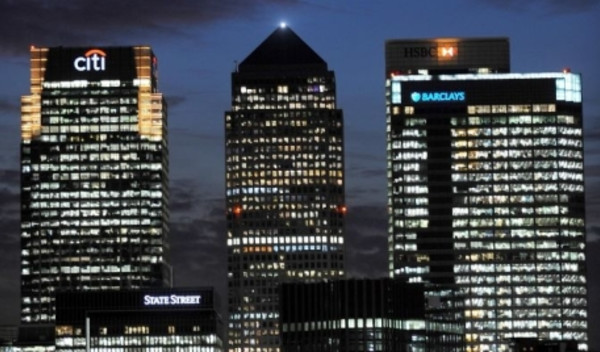

Capitalism is in need of reform and modernisation according to top business leaders in the UK, as a culture of management greed, corporate tax dodging and investor short-termism are impacting the economy.
One critic, Baroness Shriti Vadera, ex minister and now chair of Santander UK said the promise of Western capitalist economies had been broken and a new and better model needed.
She was supported by Robert Swannell, ex chairman of Marks and Spencer who said that capitalism had “lost its way” because companies and their investors had focused too intently on the short term and on the primacy of ‘shareholder value’.
The pair were commenting as members of the FTAdviser's sister paper the Financial Times' FT City Network, a panel of more than 50 top figures from finance, business and policymaking.
Politicians from both sides of the party divides were held up to account.
Jeremy Corbyn, leader of the Labour party has made an impassioned case for greater intervention in markets, including property rental controls and the nationalisation of utility companies.
Theresa May, the prime minister, has said that while free market capitalism was “the greatest agent of collective human progress ever created”, there is a case for intervening in areas such as consumers’ energy bills and executive pay to address public concern.
Picking up on this Carolyn Fairbairn, the CBI director-general said while Mr Corbyn’s agenda was unhelpfully anti-business, capitalism had taken a number of “wrong turnings”.
“The financial crash, a fixation on shareholder value at the expense of purpose, and the toxic issues of payment of tax and executive pay stand in the way of redemption.”
The problem of short termism was also highlighted as an issue.
Sir Nigel Rudd, chair of aerospace engineer Meggitt, said capitalism had been “hijacked by the management class”, with the traditional rewards of owner-entrepreneurs made available to mere managers.
He said: “In the last two or more decades it has been possible to become seriously rich without taking any financial risks. The general public instinctively resents this and will take revenge on a system that they see as unfair.”
Short termism was also blamed for poor productivity.
Sir Philip Hampton, chairman of GSK said: “More long-dated and fundamental drivers of success, such as the value of investment in training, new plant and especially R&D, tend not to figure prominently in most companies’ incentive structures.”
The panel concluded that there should be a long-termist focus on the needs of customers and society, as well as moves to tax companies globally on sales, to tackle obscure tax avoidance structures.



